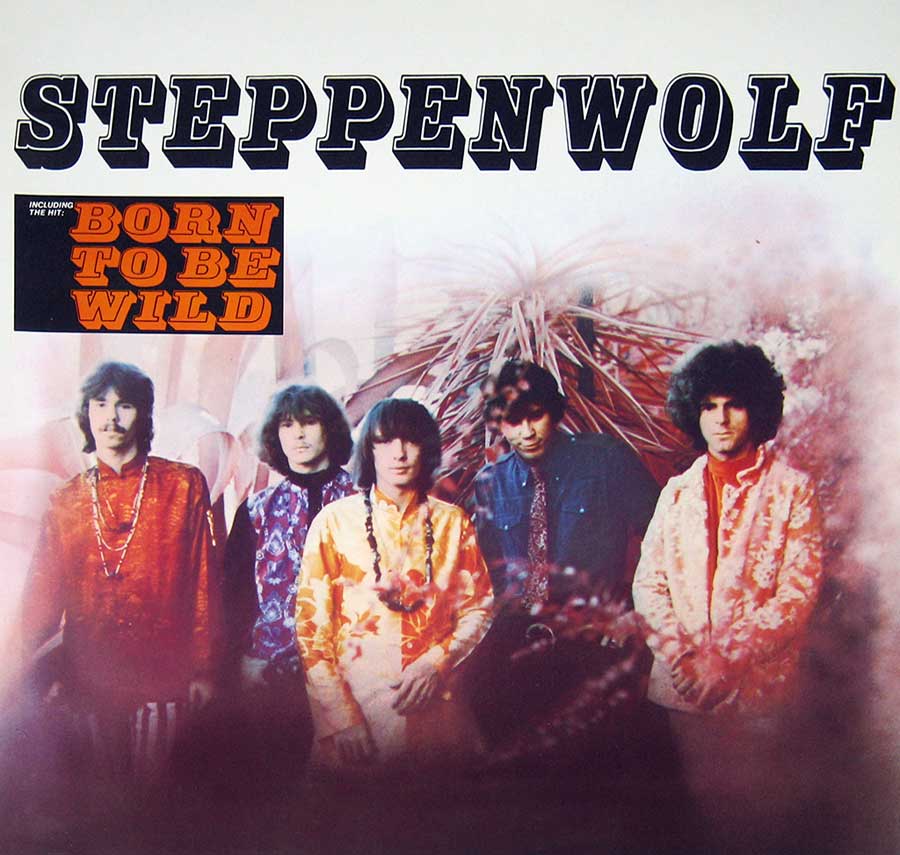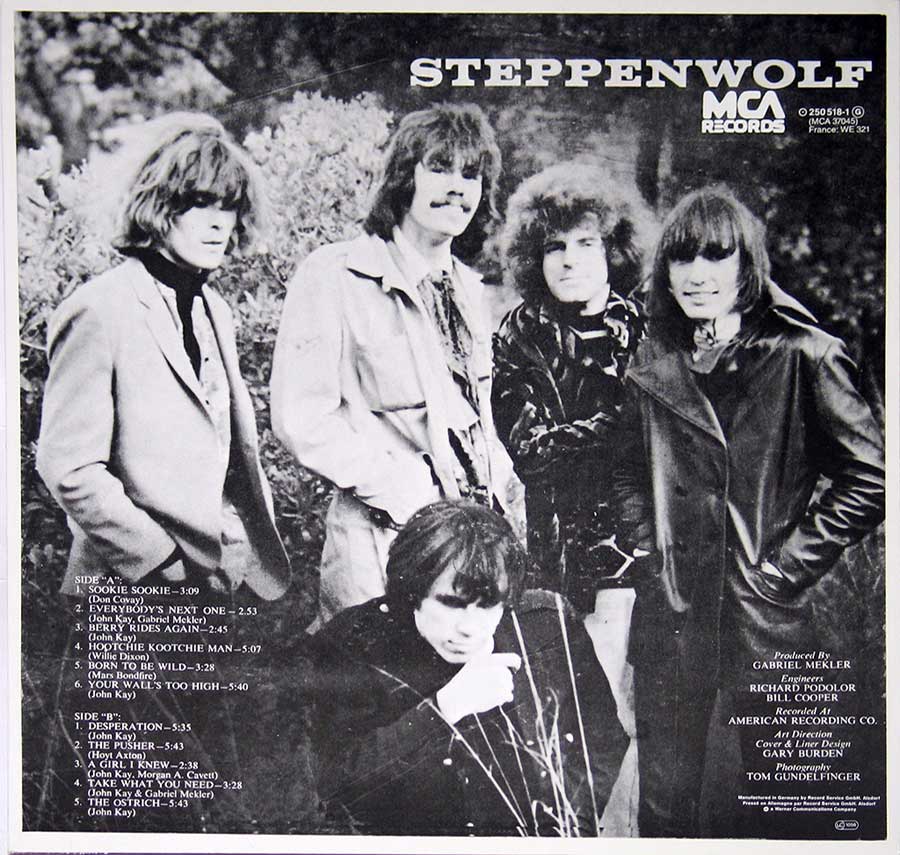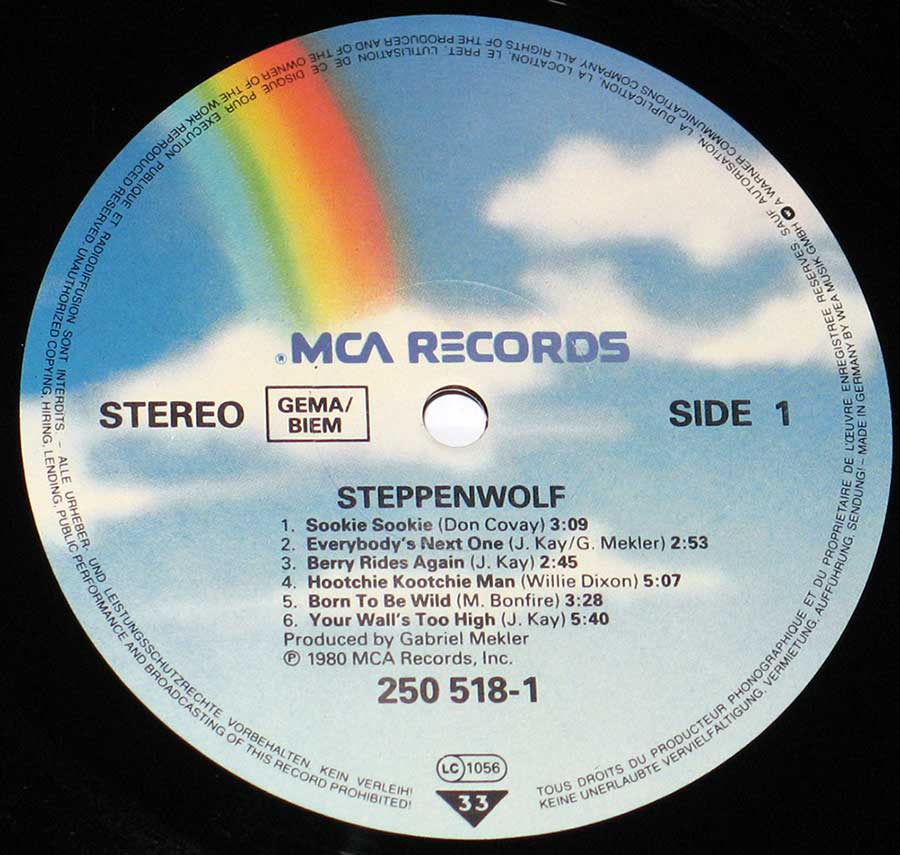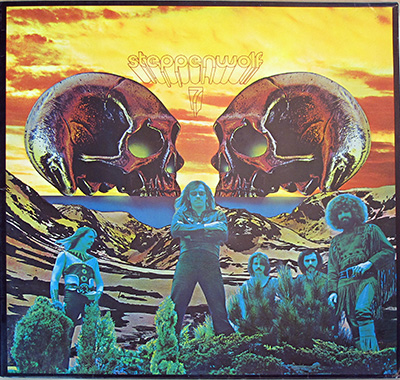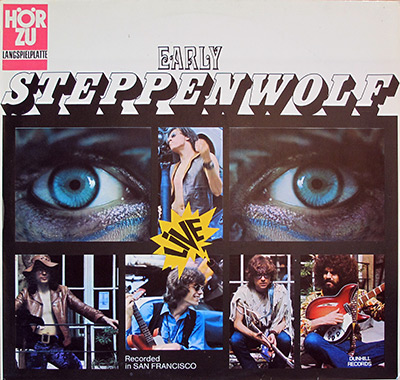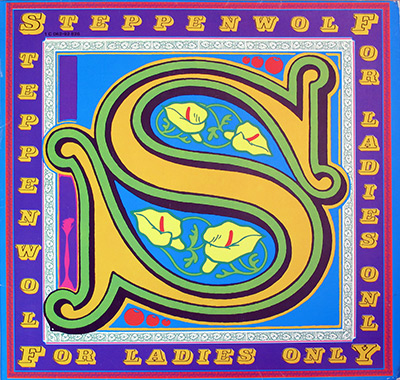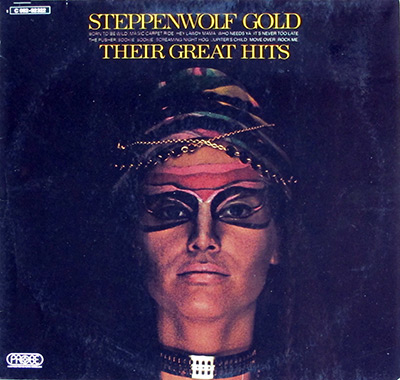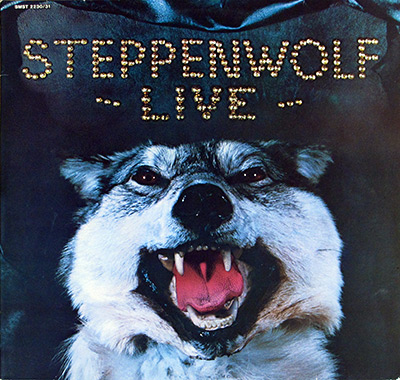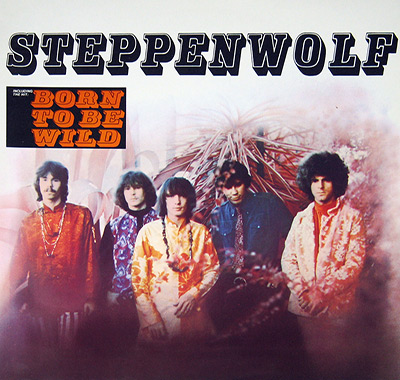STEPPENWOLF Album Description:
Steppenwolf's self-titled debut album was released at a time of great change in the music industry. The psychedelic rock movement was in full swing, and bands like The Beatles and The Rolling Stones were pushing the boundaries of what was possible in popular music. Steppenwolf's self-titled album reflects this changing landscape, blending elements of rock, blues, and psychedelia into a powerful and dynamic sound. The album's iconic hit, "Born to be Wild," became an anthem for the counterculture movement of the time, and helped cement Steppenwolf's place in rock and roll history.
Steppenwolf's self-titled debut album had a significant impact on the wider music scene, helping to establish the band as a major force in rock and roll. The album's unique blend of rock, blues, and psychedelia, combined with its powerful and rebellious lyrics, resonated with audiences around the world. "Born to be Wild" became an instant classic, and its impact on popular culture cannot be overstated. The song was later featured in the iconic movie "Easy Rider," further cementing its place in rock and roll history.
